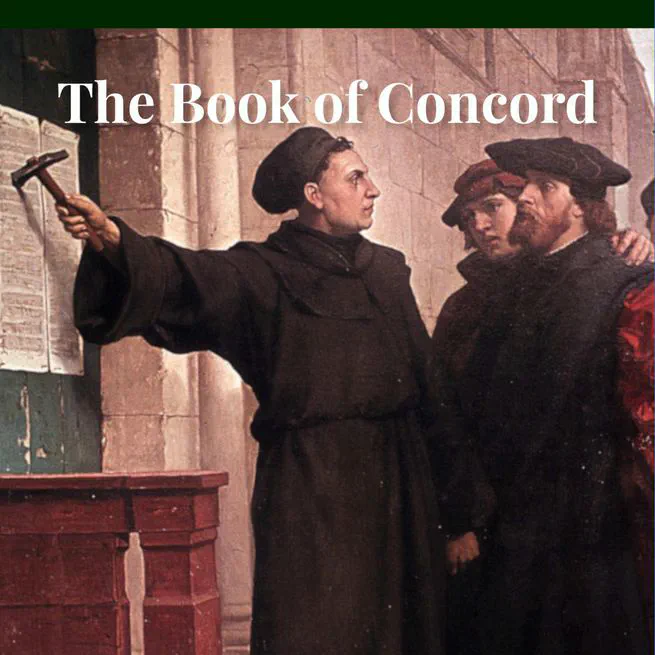
This is a highly readable, modern English version of the classic volume of Protestant Biblical theology. The translation of the Augsburg Confession is that of Charles P. Krauth, the Small Catechism by Charles F. Schaeffer, the Large Catechism by Rev. A. Martin, Professor of the German Language and Literature in Pennsylvania College, the Apology, the Smalcald Articles and the Formula of Concord were translated by Henry Eyster Jacobs.
17 Jun 2025
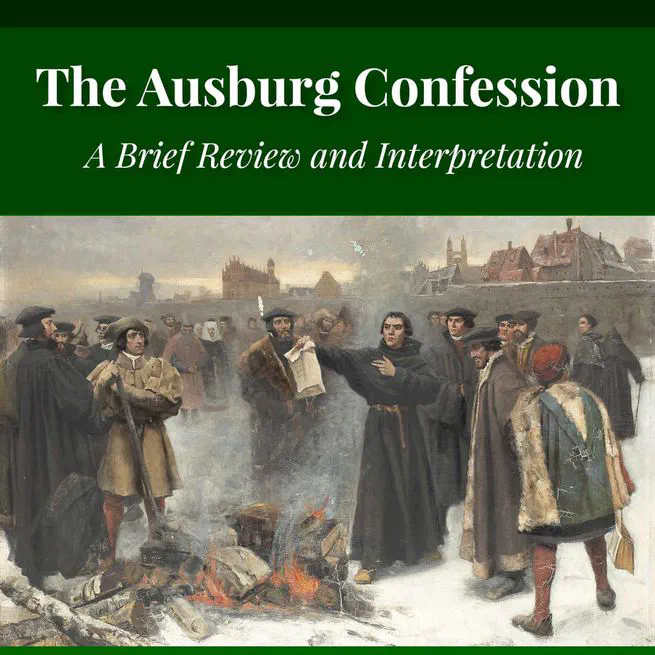
“The main stress in the book… is upon the interpretation of its text… It is prefaced by a chapter with simple talks on confessional questions… The second part… tell(s) the story of the Confession in a readable way.. The third part, with its interpretation of the articles of the Confession, forms the main part of this book… the effort has been made to write in such a way that a layman… can follow the discussions.” -from the Preface by J L Neve.
13 Dec 2024
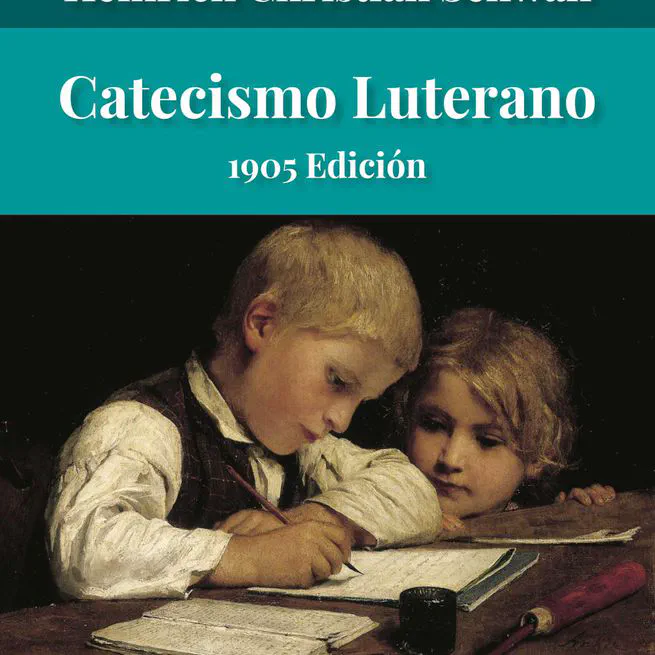
Este breve y ampliamente utilizado catecismo es evidencia de que los Luteranos del Sínodo de Missouri no hace mucho tiempo claramente enseñaron y creyeron en la justificación por la fe.
4 Oct 2023
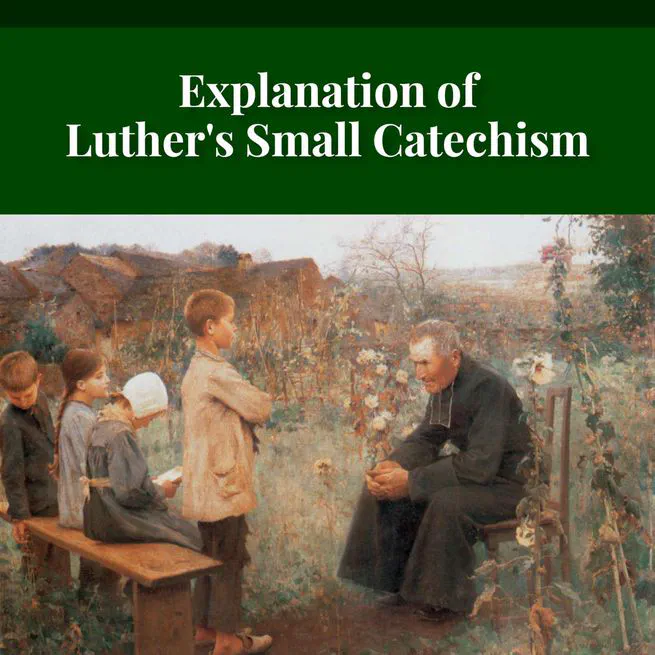
This book aims to present both an analysis of Luther’s Small Catechism and a clear, concise, yet reasonably full explanation of its contents. It is an attempt, upon the basis of twenty years’ experience and a study of the literature of the subject… The object of the book is twofold: first, to furnish an outline of teaching which the pastor may use as a guide in his oral explanation and questioning; and secondly, to furnish a sufficiently complete summary by means of which the catechumens may review the lesson and fix its salient points in their minds. — From the Introduction
23 Feb 2023
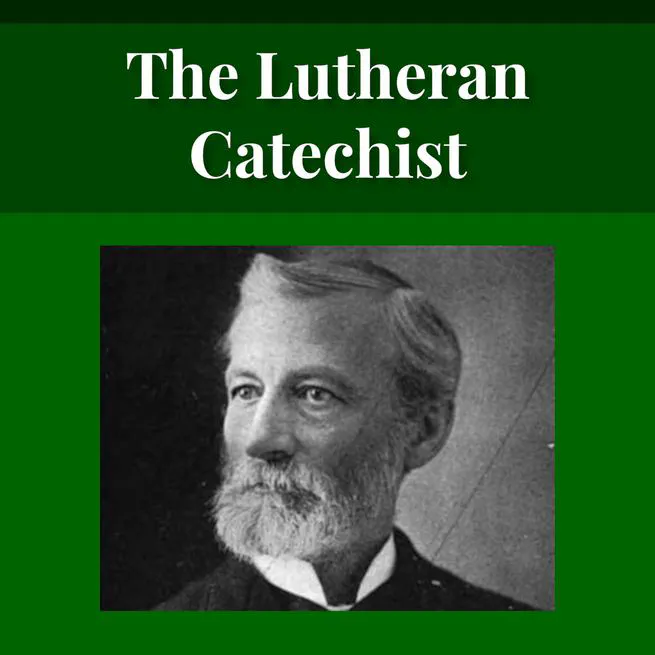
“The Lutheran minister has three special activities. He is, first of all, a preacher of the Word, the whole Word, its Law and its Gospel. He is always and everywhere a seelsorger, a pastor, an under-shepherd, seeking the lost, feeding and caring for those in the fold, knowing them by name, carrying on his heart their woes, their wants and their welfare, looking after them individually and collectively. If he would make full proof of his ministry, he must love the Shepherd and Bishop of his own soul, and must show his love by feeding His lambs, by tending His young sheep. He must be a good Catechist.” — George Gerberding
24 Aug 2022
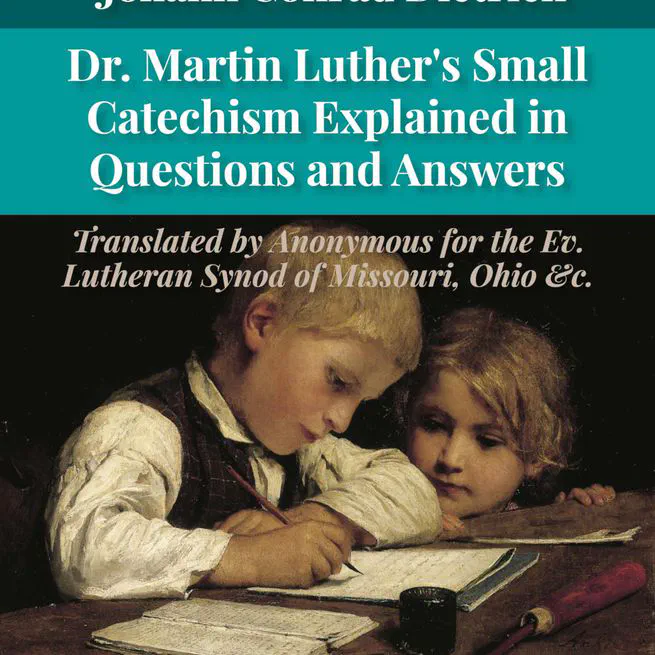
[Fully Updated v.6.1] “In this little book the reader will find, first of all, the Small Catechism of Dr Martin Luther without alteration. This is followed by the shorter explanation of this Catechism, in questions and answers, by Dr. Conrad Dietrich, formerly Pastor, Superintendent, and Director of the Gymnasium in Ulm, Wuertemberg, born Jan. 9, 1575, in Gemuende, Hesse Cassel, died at Ulm, March 22, 1639.
19 Jul 2022
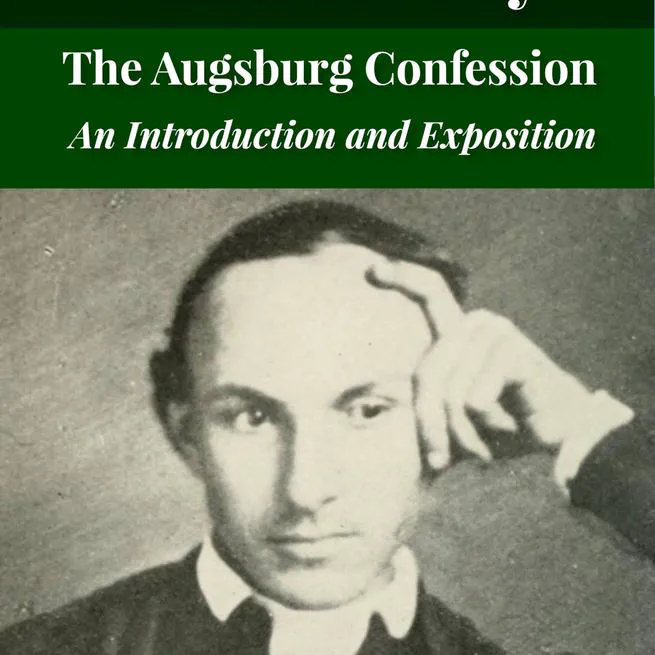
“Sincere believers of the truth revealed in Christ for man’s salvation have no reason to be ashamed of Luther, whom God sent to bring again to His people the precious truth in Jesus… The whole purpose of the book is practical. It steadily pursues the aim of helping our Lutheran people to a better appreciation of their Church and its precious heritage, and to a firmer stand and a more zealous labor to maintain them and make others partake of the blessings of the Reformation…” — Matthias Loy.
7 Jul 2022
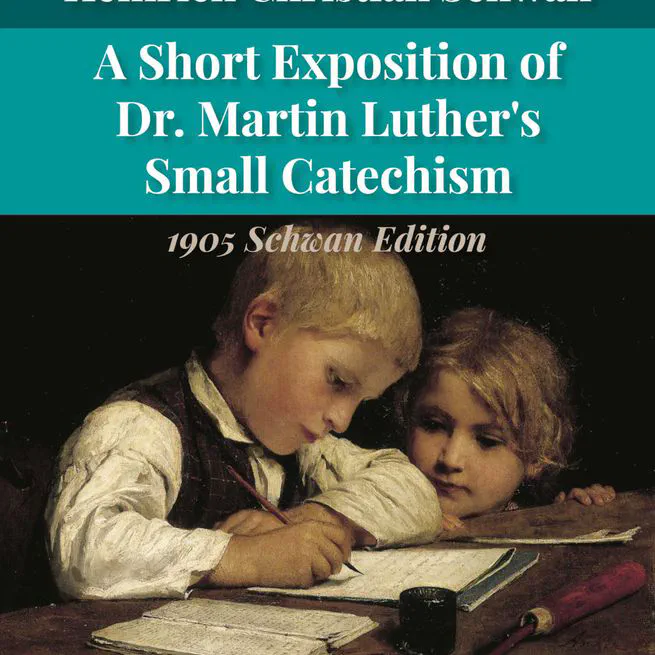
This short and widely used catechism is evidence that Missouri Synod Lutherans not long ago clearly taught and believed in justification by faith. Who receives this forgiveness? Although it has been procured for all men, and is offered by the Gospel to all that hear it, yet only those who believe the Gospel and thus accept the forgiveness of sins actually become partakers of such forgiveness. What, then, do we, together with our Church, confess regarding the forgiveness of sins, or justification? That we receive forgiveness of sins and are justified before God, not by our works, but by grace, for Christ’s sake, through faith. Why must we ever firmly maintain this Article especially? Because it is the chief article of Christian doctrine, by which the Christian Church distinguishes itself from all false religions, and which gives all the glory to God alone, and affords enduring comfort to poor sinners. “Heinrich Christian Schwan was the Missouri Synod president for 20 years (1878-1899), but that lengthy service and his pastoral and missionary activities have been effaced from the LCMS histories. Schwan’s presidency was sandwiched between the presidencies of CFW Walther and Walther’s hand-picked successor in teaching, Franz Pieper. Walther and Pieper were advocates of Objective Justification.”
18 May 2022
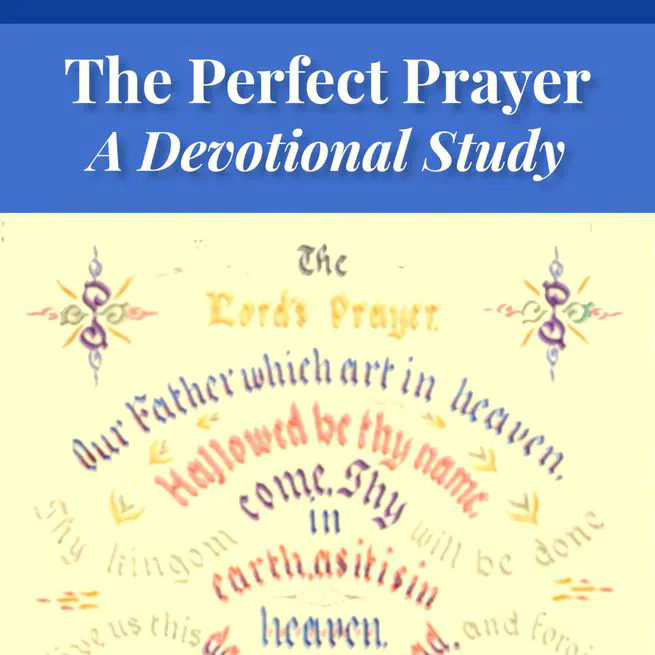
“Jesus was asked by one of his disciples (Luke 11:2), not one of the twelve, but a more recent follower, who had not been present at the first giving of the prayer, ‘Lord, teach us to pray.’ It is a suggestive fact that the Lord did not find it necessary to give any further instruction or any substitute or improvement but repeated the answer He had already given, and thus distinctly authorized the use of what we call the Lord’s Prayer, not only as a model, but as a fixed form. ‘And He said unto them, When ye pray, say, Our Father which art in heaven.’ Here, once for all, is given justification, nay, even command, for the devout and fervent use of forms of prayer.” — Charles Armond Miller
12 Jan 2022
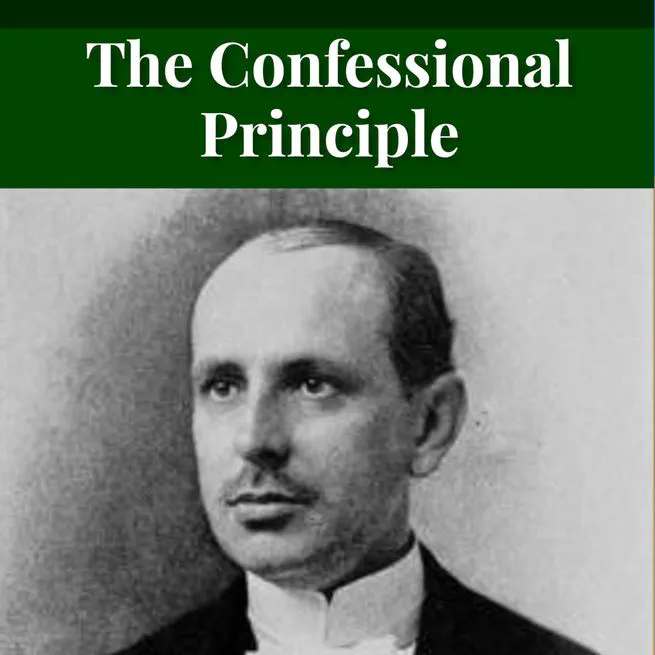
Theodore Schmauk’s exploration and defense of the Christian faith consists of five parts: Historical Introduction Part 1: Are Confessions Necessary? Part 2: Confessions in the Church Part 3: Lutheran Confessions Part 4: The Church in America “This book is written in the belief that the one ultimate authority among men is truth.” — Theodore Schmauk
7 Apr 2021